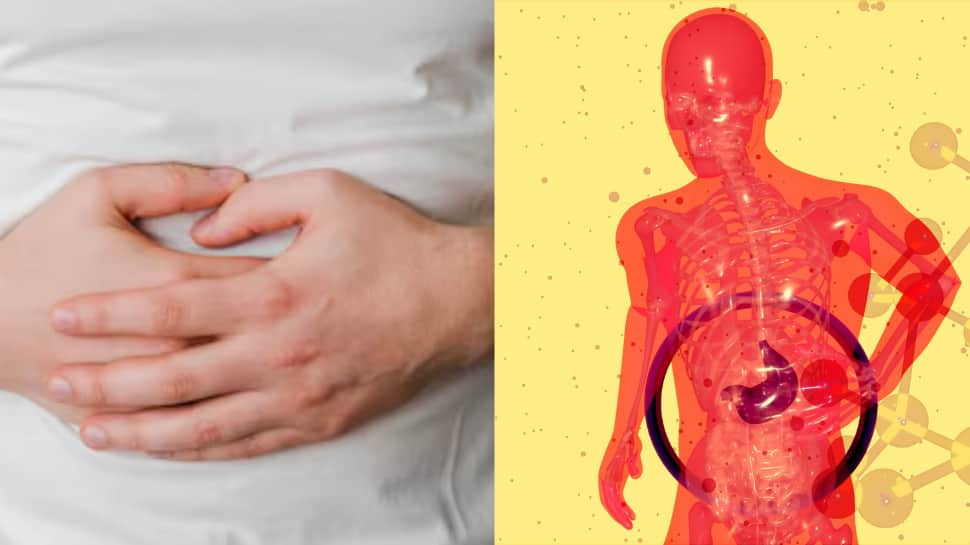Peptic ulcers are painful sores that appear on the inner lining of the stomach or the upper part of the small intestine. They usually cause a burning feeling, especially when your stomach is empty or during the night. These ulcers mostly happen because of a bacterial infection called H. pylori or from using pain-relief medicines for a long time, which irritate the stomach lining. Although alcohol and spicy foods don’t directly cause ulcers, they can make the symptoms worse. Dr Shubham Vatsya, Senior Consultant – Gastroenterology at Fortis Hospital, explains what causes peptic ulcers and how common they are in India.
What exactly are peptic ulcers, and how common are they in India?
Dr Shubham Vatsya explains that peptic ulcers are open wounds that form on the lining of the stomach, the beginning part of the small intestine (called the duodenum), or sometimes even the food pipe (esophagus). They happen when strong stomach acids damage the protective lining. The main reasons for this are H. pylori infections and long-term use of painkillers like ibuprofen. In India, millions of people suffer from ulcers every year, mostly due to the spread of H. pylori because of hygiene issues and frequent use of pain medicines.
What’s the difference between gastric and duodenal ulcers?
There are two main types of ulcers. Gastric ulcers happen in the stomach and usually cause pain soon after eating. Duodenal ulcers develop in the small intestine and the pain usually gets better after eating but comes back a few hours later.
Myth about spicy food causes ulcers
One popular myth is that eating spicy food causes ulcers, but that’s not true. Spicy food might make symptoms worse if you already have an ulcer, but it doesn’t create ulcers by itself. Dr. Vatsya also says that stress and emotional pressure don’t directly cause ulcers, but they can make the pain worse or slow down healing. Stress might also lead to poor eating habits, which can add to the problem.
Poor diet isn’t the primary cause of ulcers
Eating junk food or having a poor diet is not the main reason people get ulcers. Although greasy or acidic foods might irritate an ulcer that’s already there, the main causes are still H. pylori infections and long-term use of NSAID painkillers. Ulcers don’t just affect older adults—they can happen to anyone, even kids and teenagers, especially if they are exposed to the infection or take pain medicines often.
What are the common treatments for peptic ulcers?
To treat peptic ulcers, doctors usually give antibiotics to kill the H. pylori bacteria. They also prescribe medicines like proton pump inhibitors (PPIs) and H2 blockers to reduce stomach acid. Antacids may be used to ease the symptoms. It’s also important to avoid smoking, drinking alcohol, and using painkillers without a doctor’s advice.
Smart Diet and Lifestyle Tips to Prevent Ulcers
Dr Shubham Vatsya adds that people who are at risk of ulcers should follow healthy diet and lifestyle habits to prevent them from coming back. This includes eating smaller meals more often, staying away from spicy and greasy foods, and eating probiotic-rich and high-fiber foods like fruits and vegetables. Lifestyle tips include managing stress through yoga or meditation, avoiding alcohol and smoking, and having regular check-ups.
In short, while spicy foods and stress are often blamed, peptic ulcers are mainly caused by infection and medication. They are treatable, and with proper care, people of all ages can fully recover.

